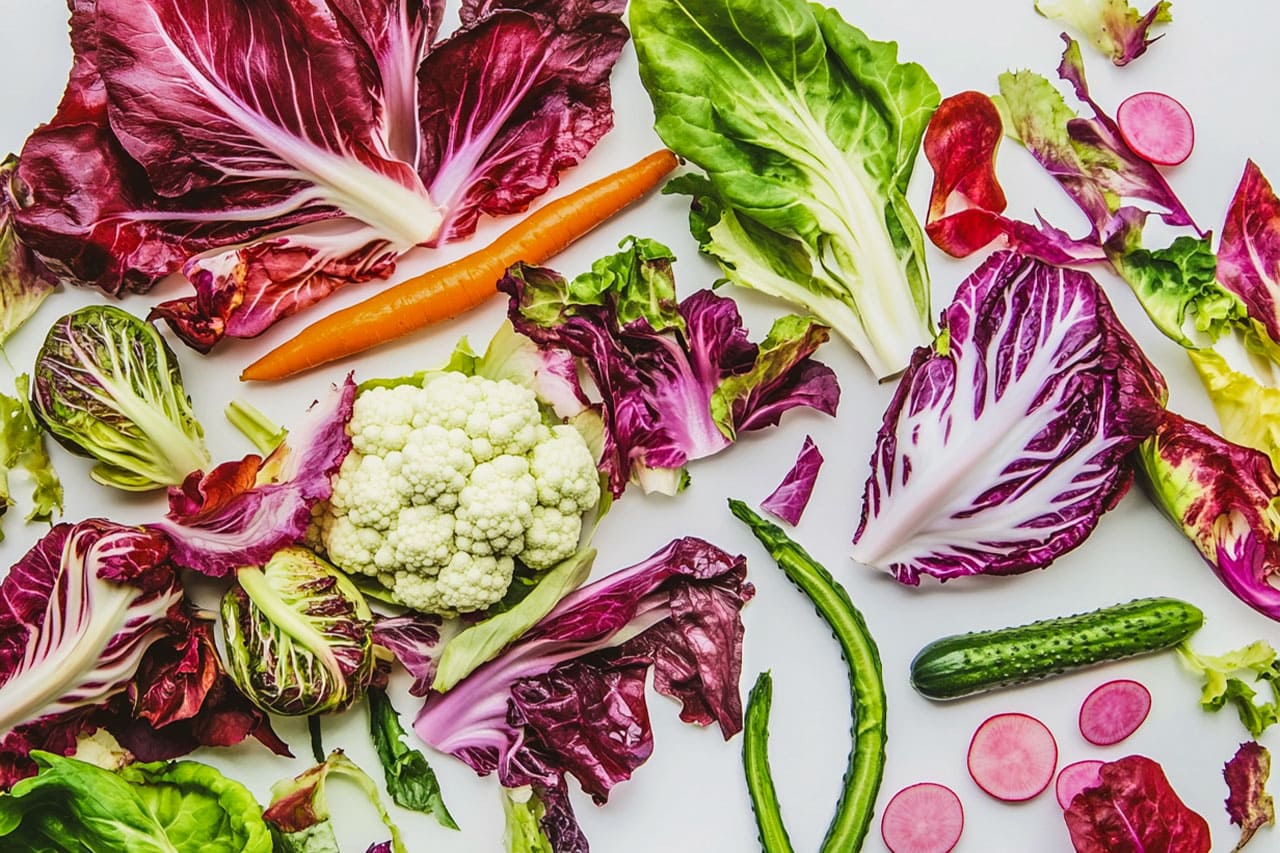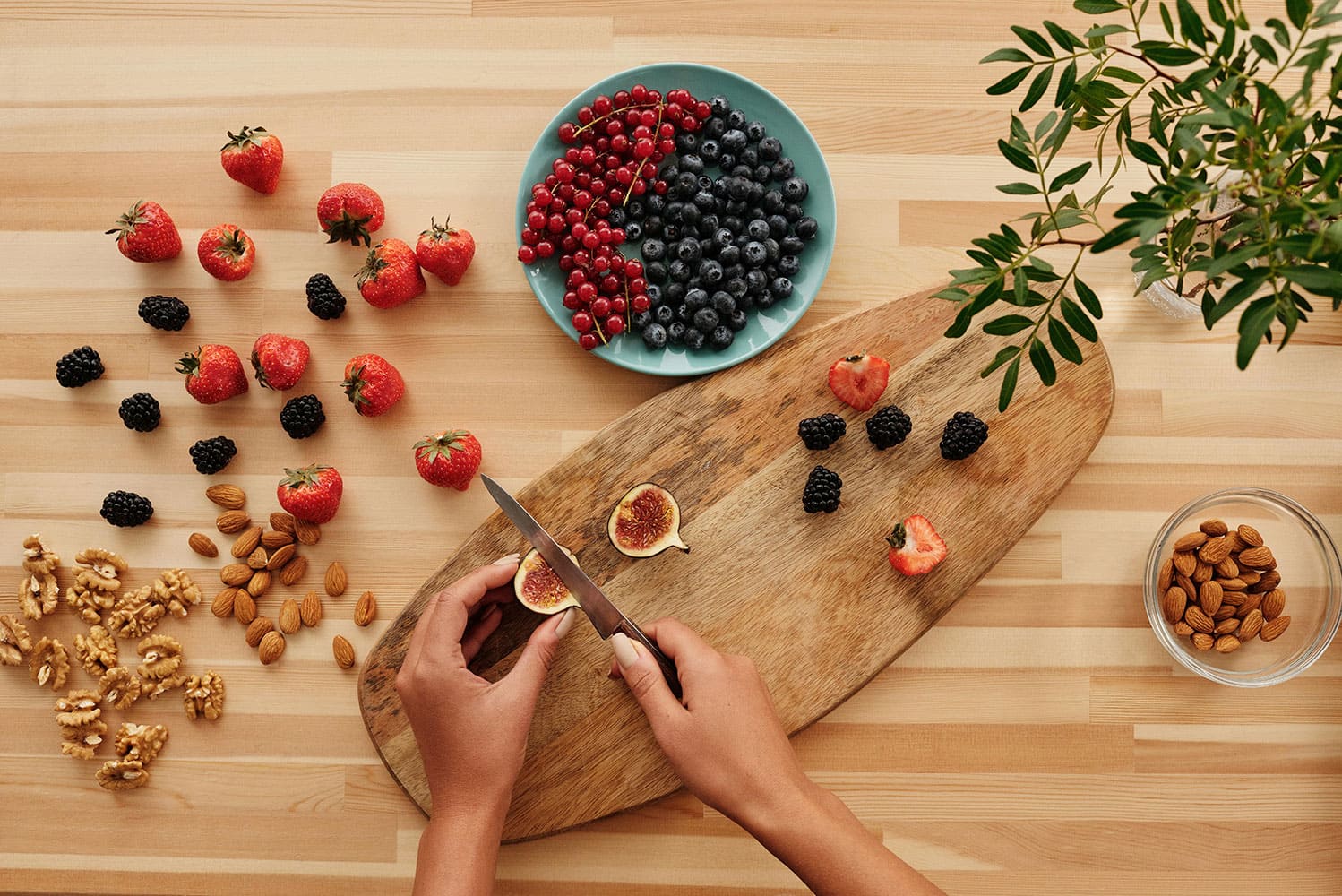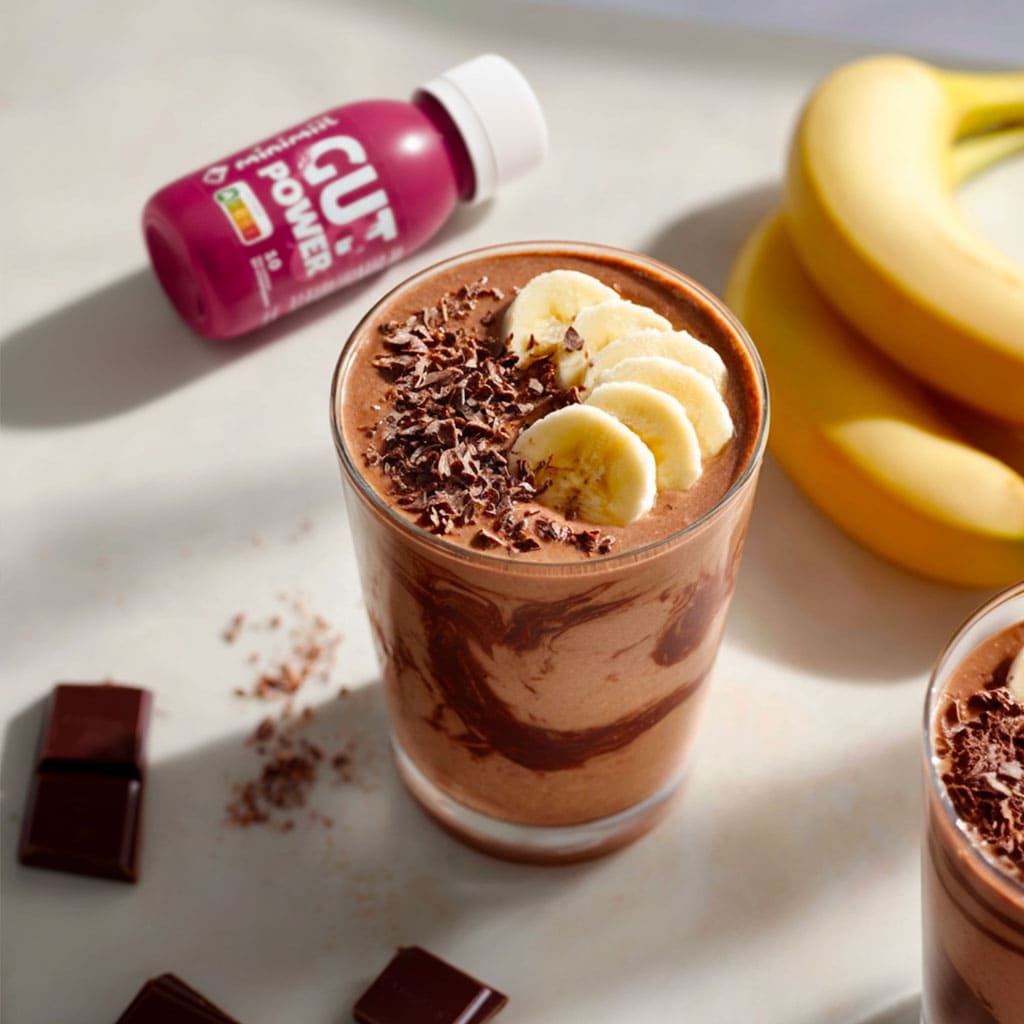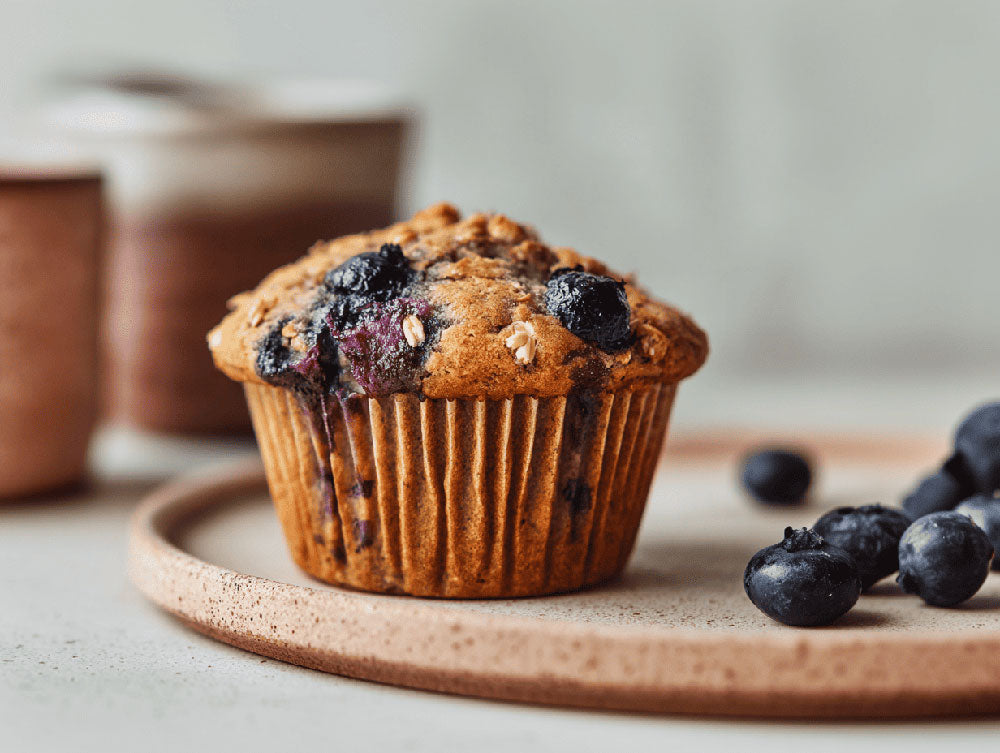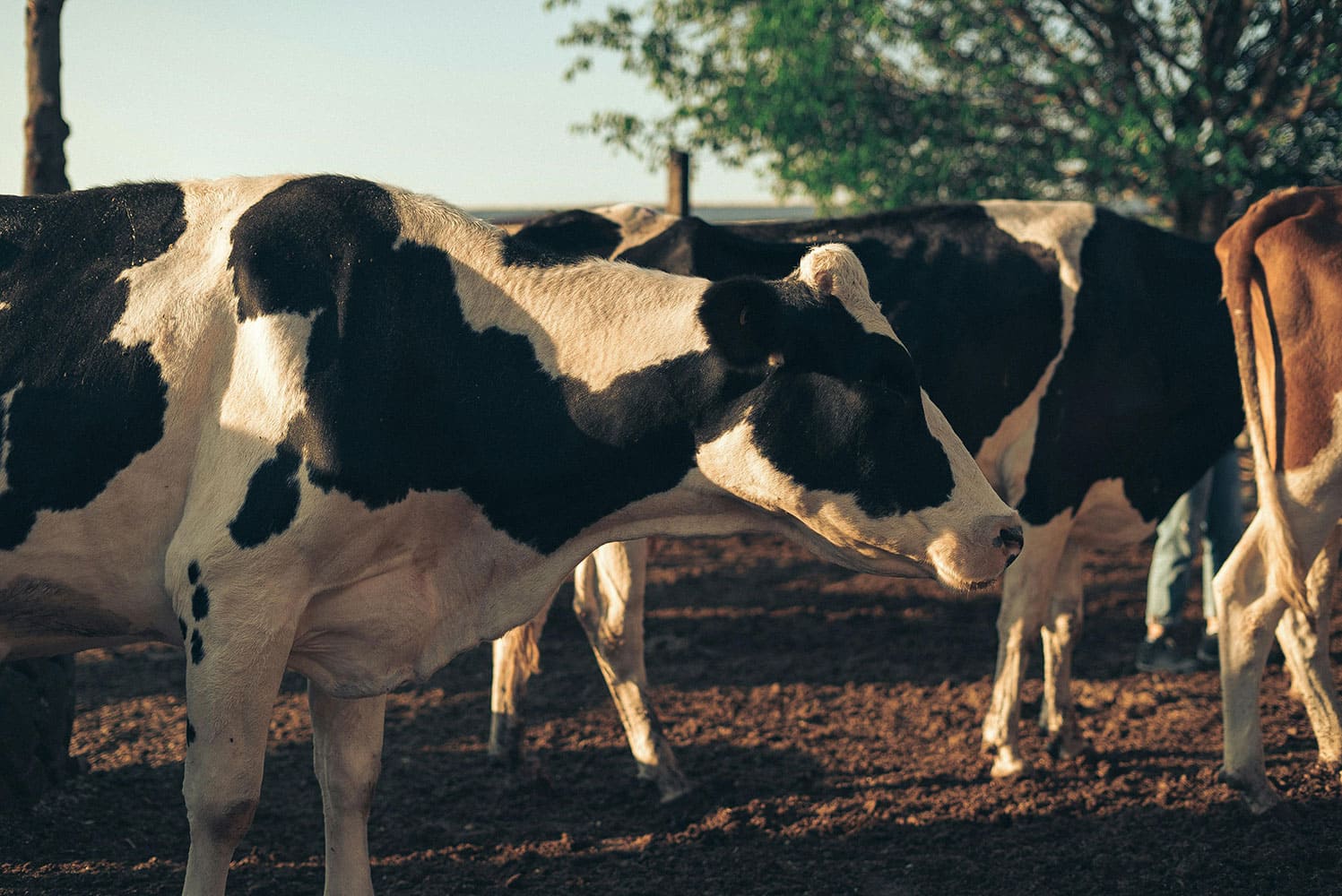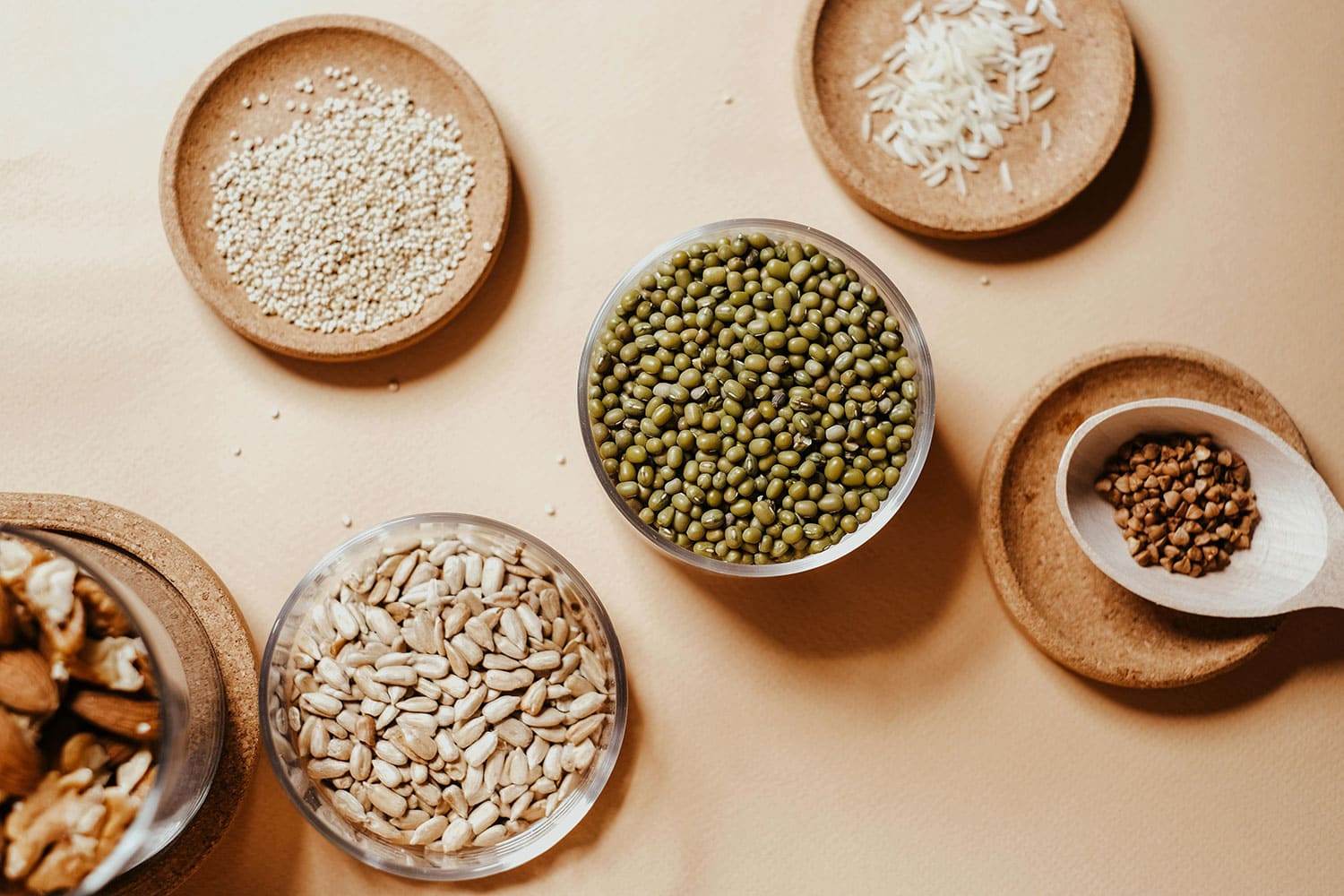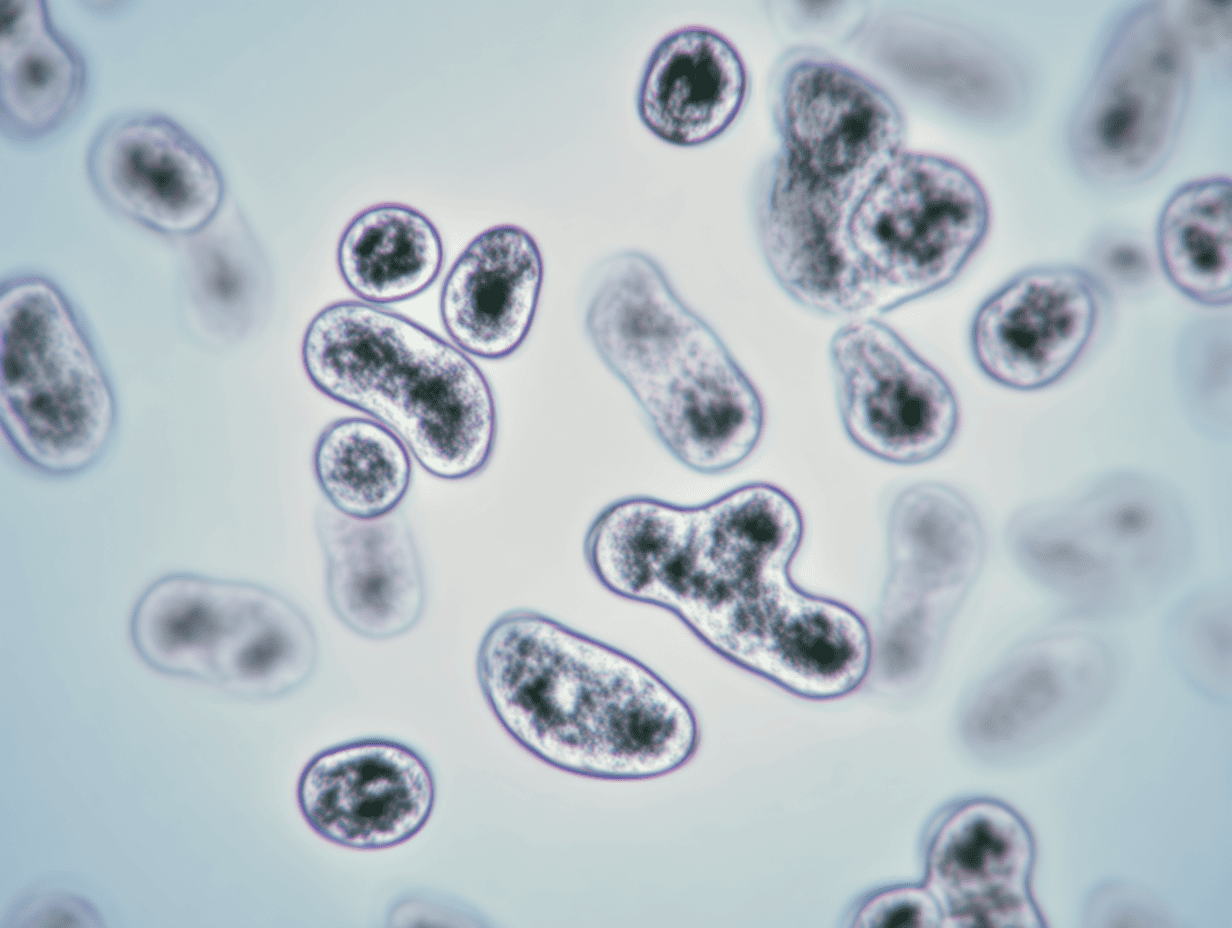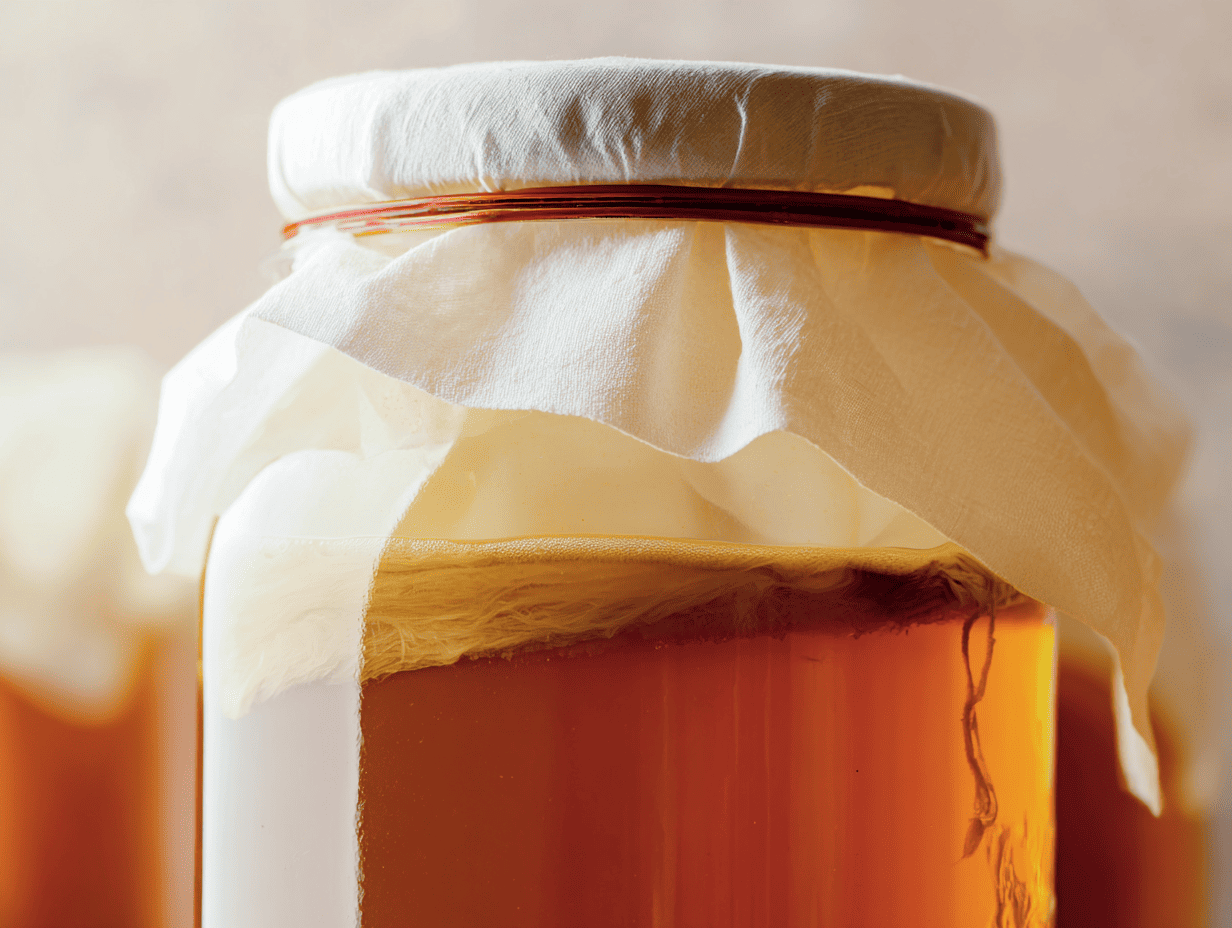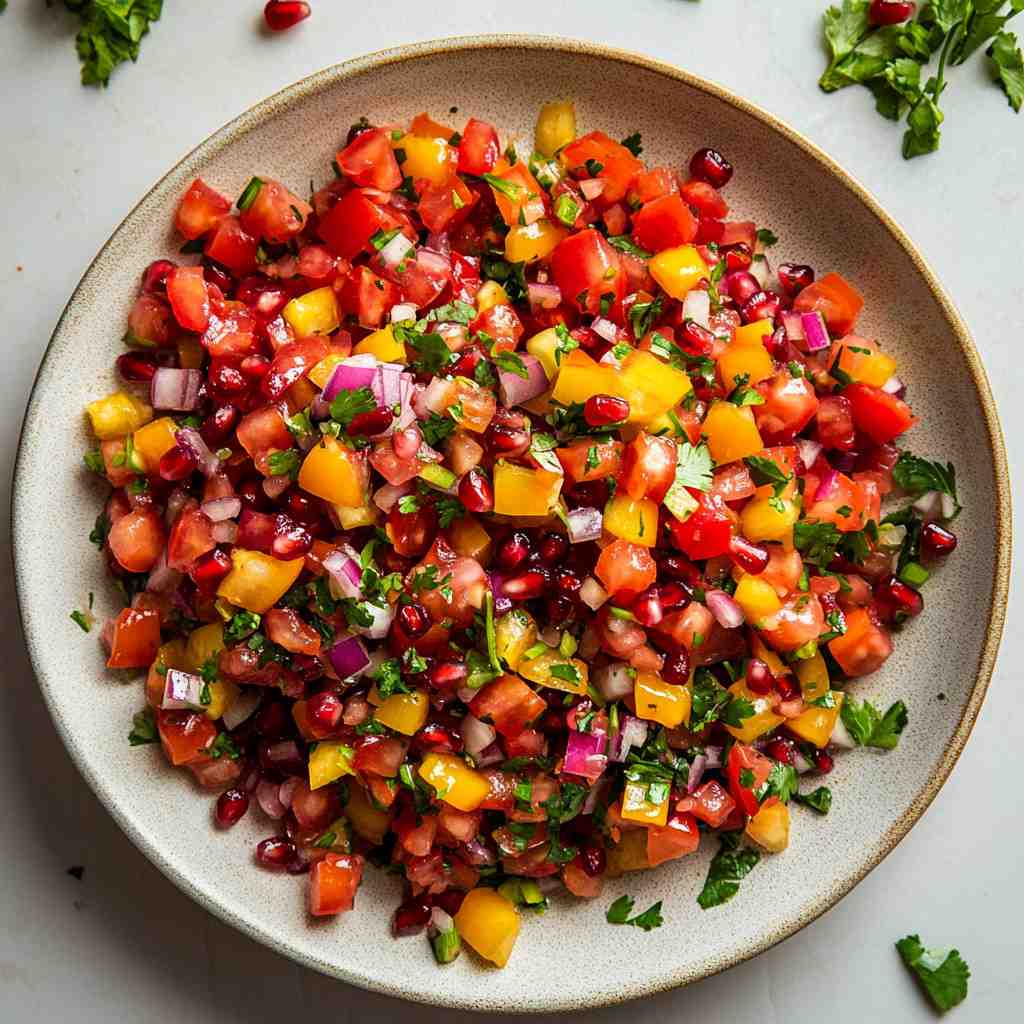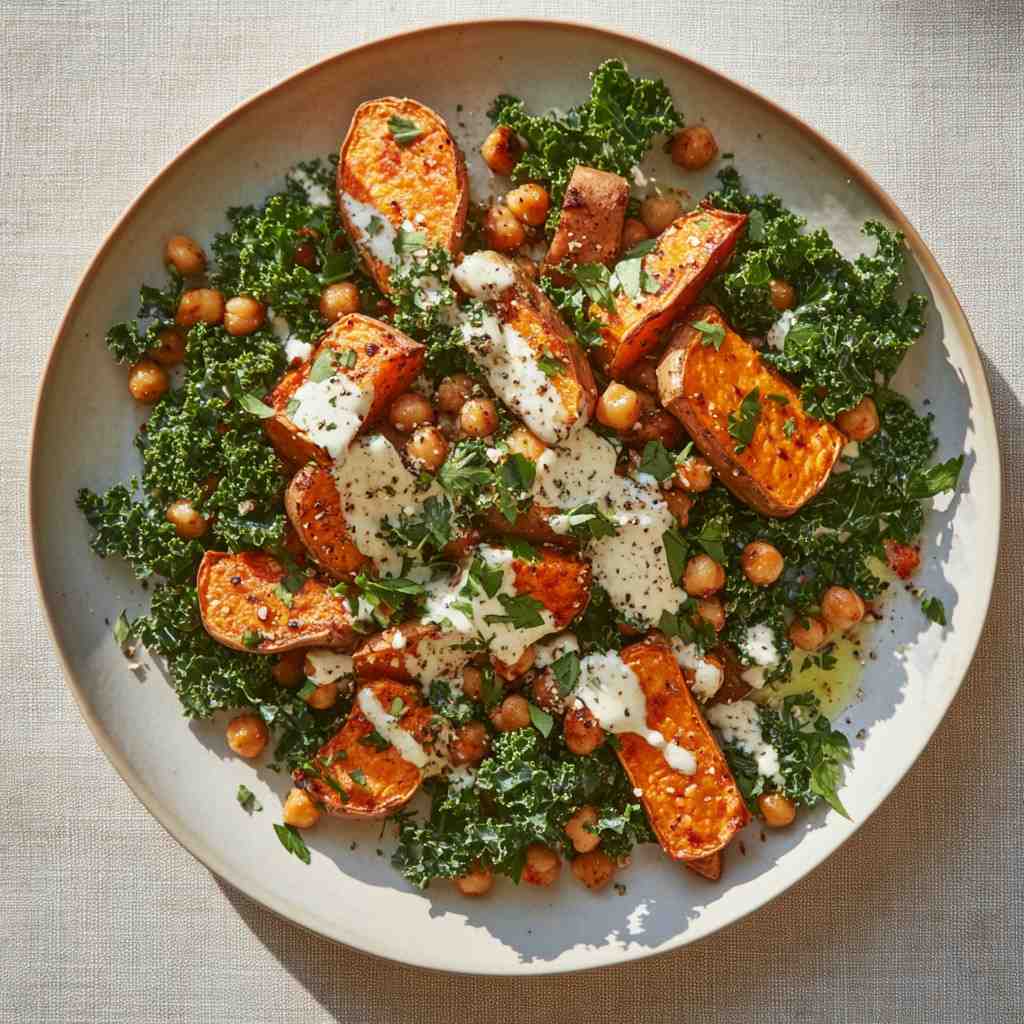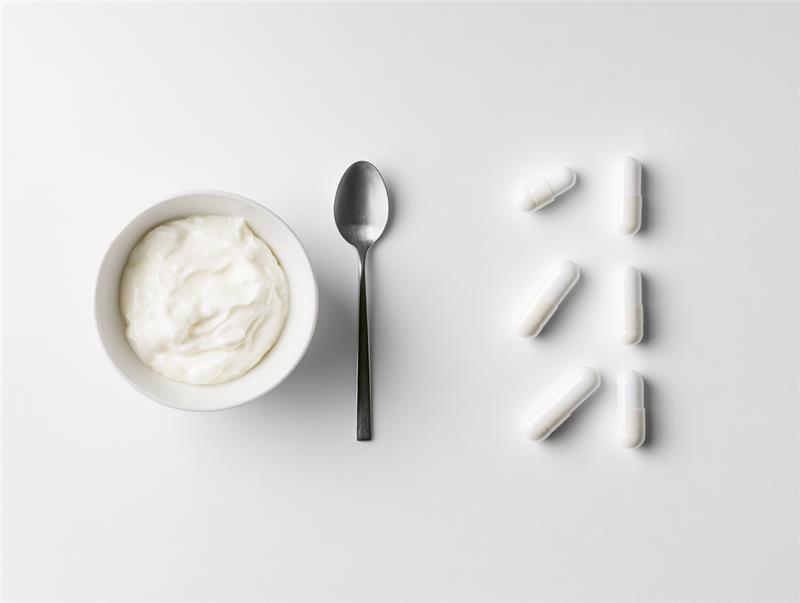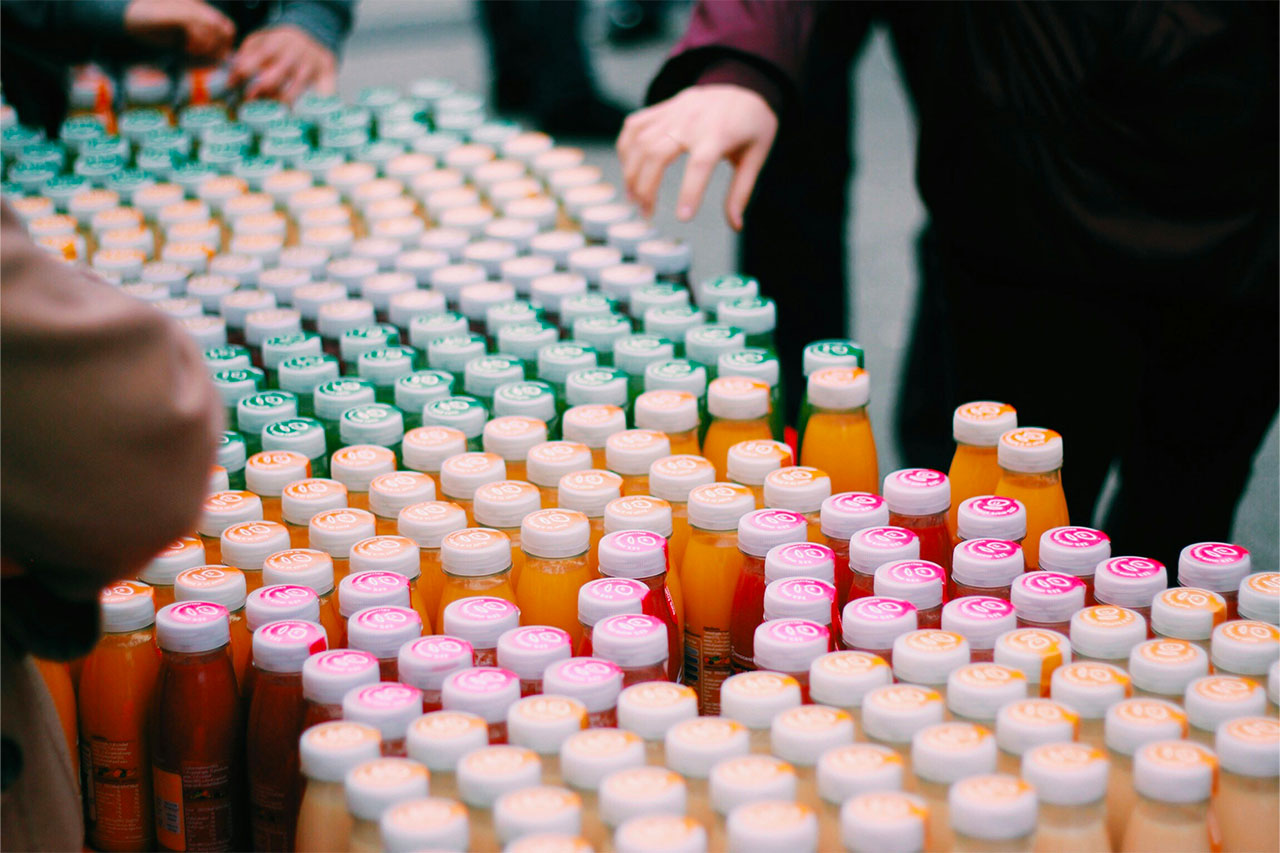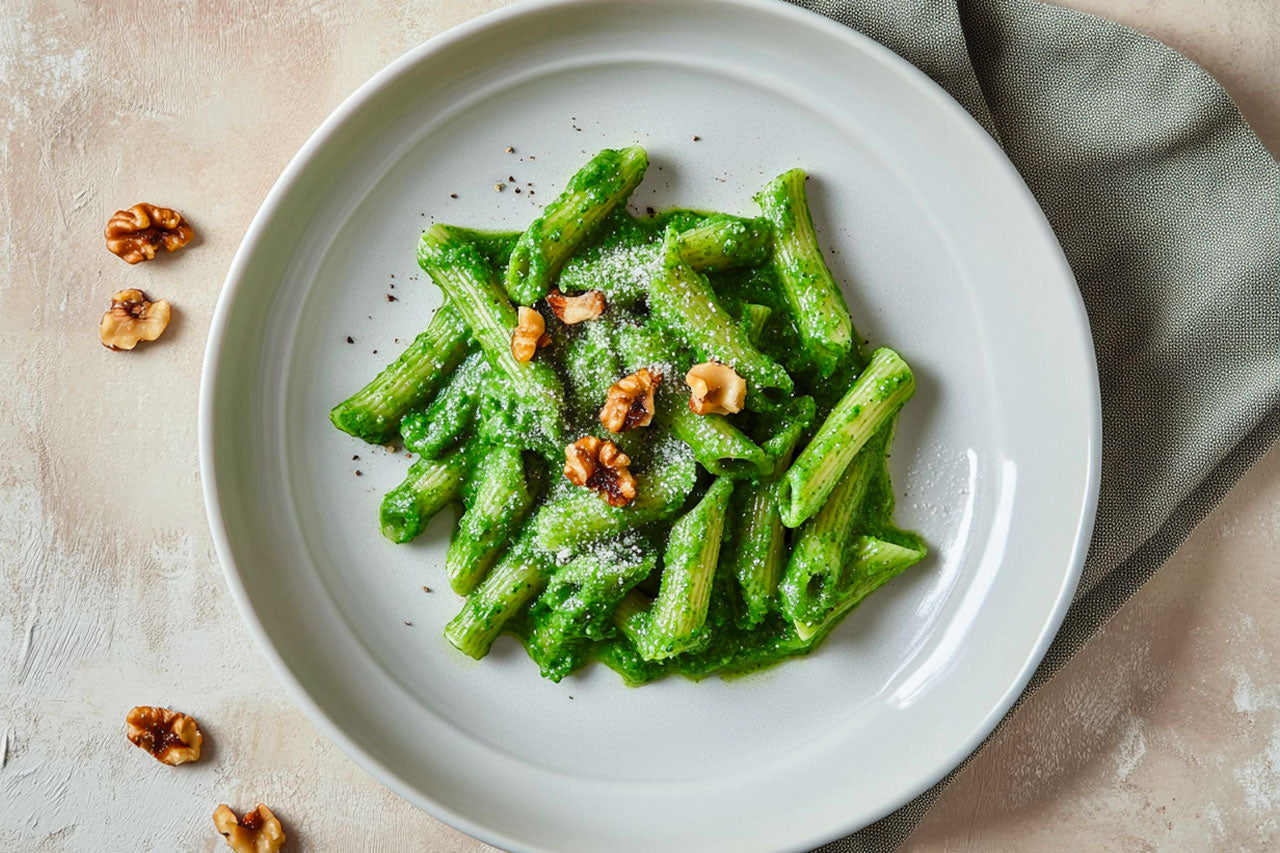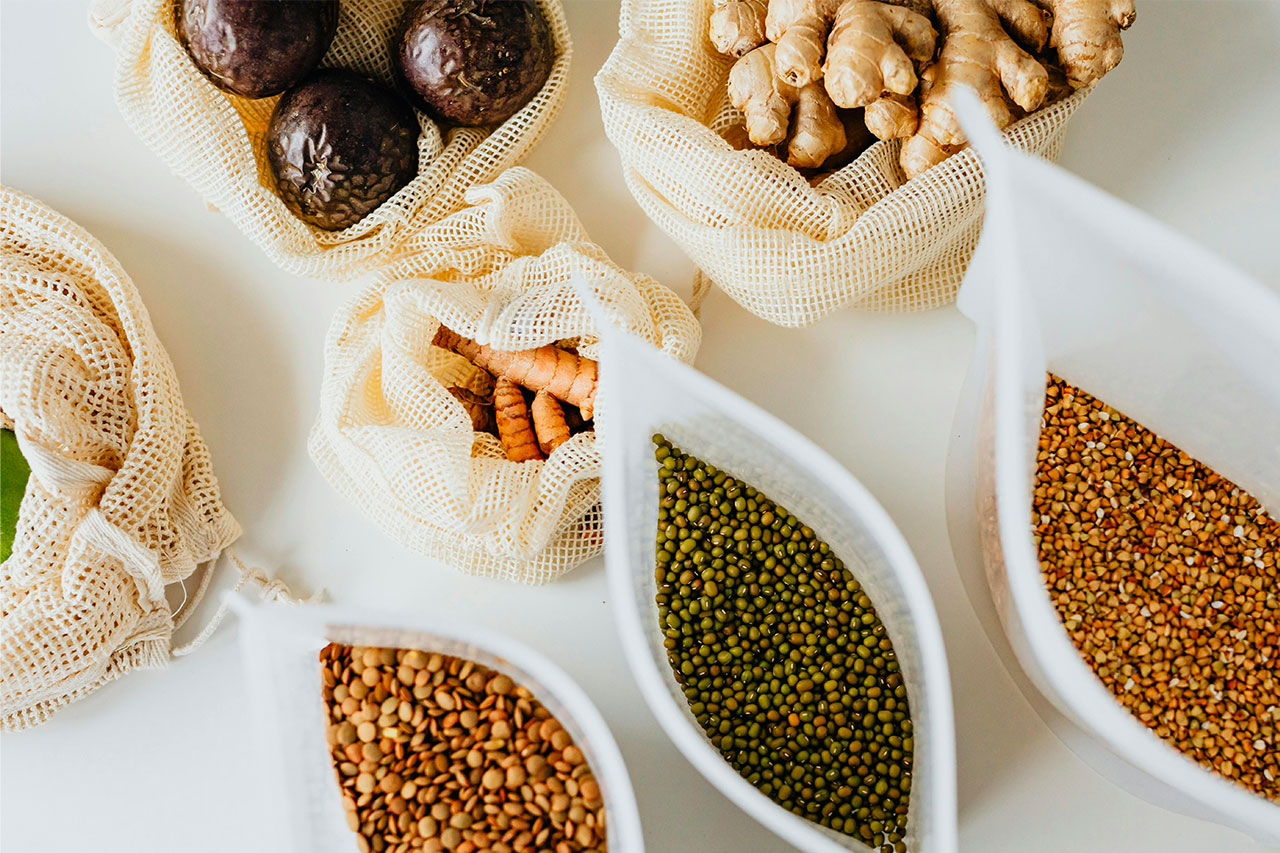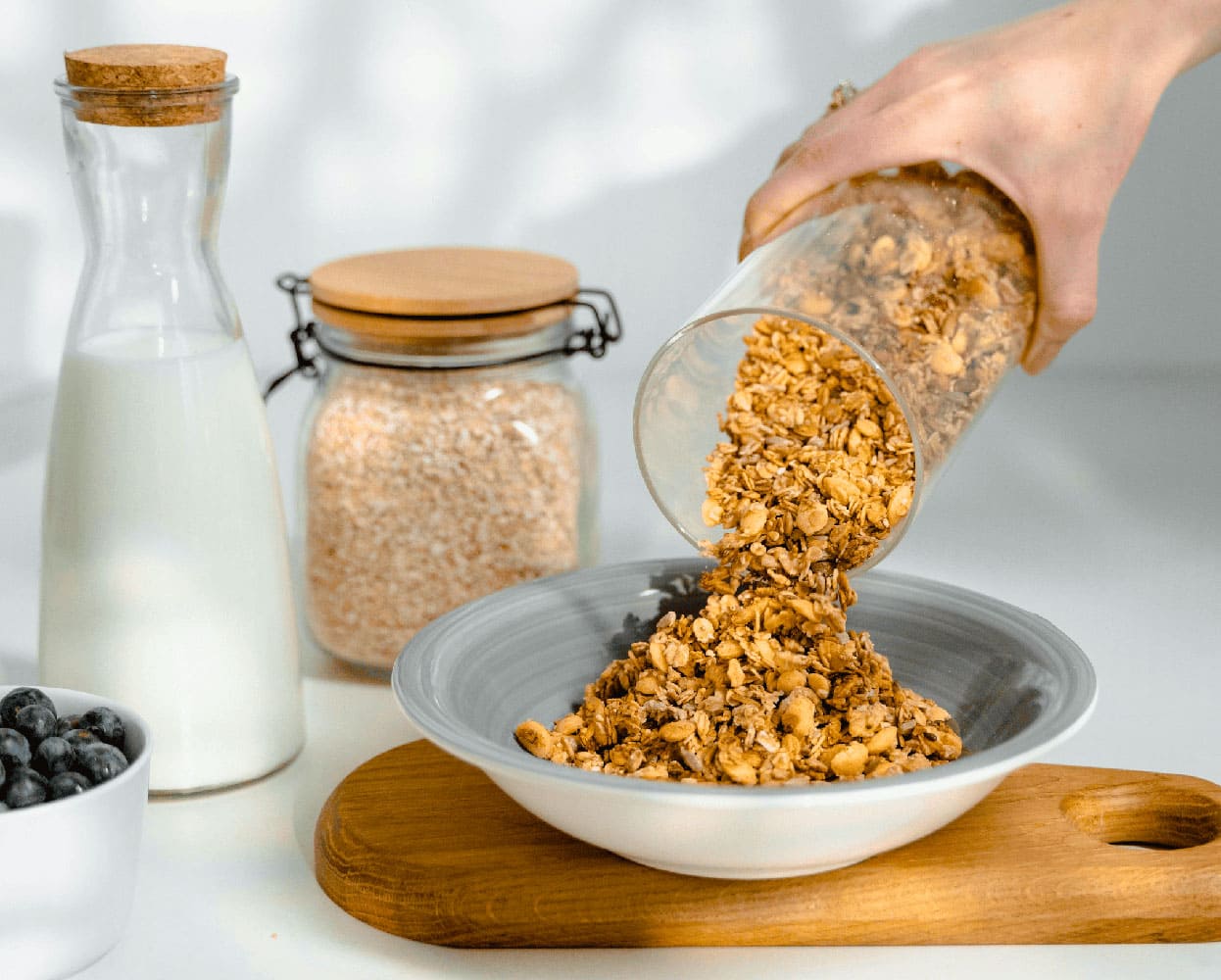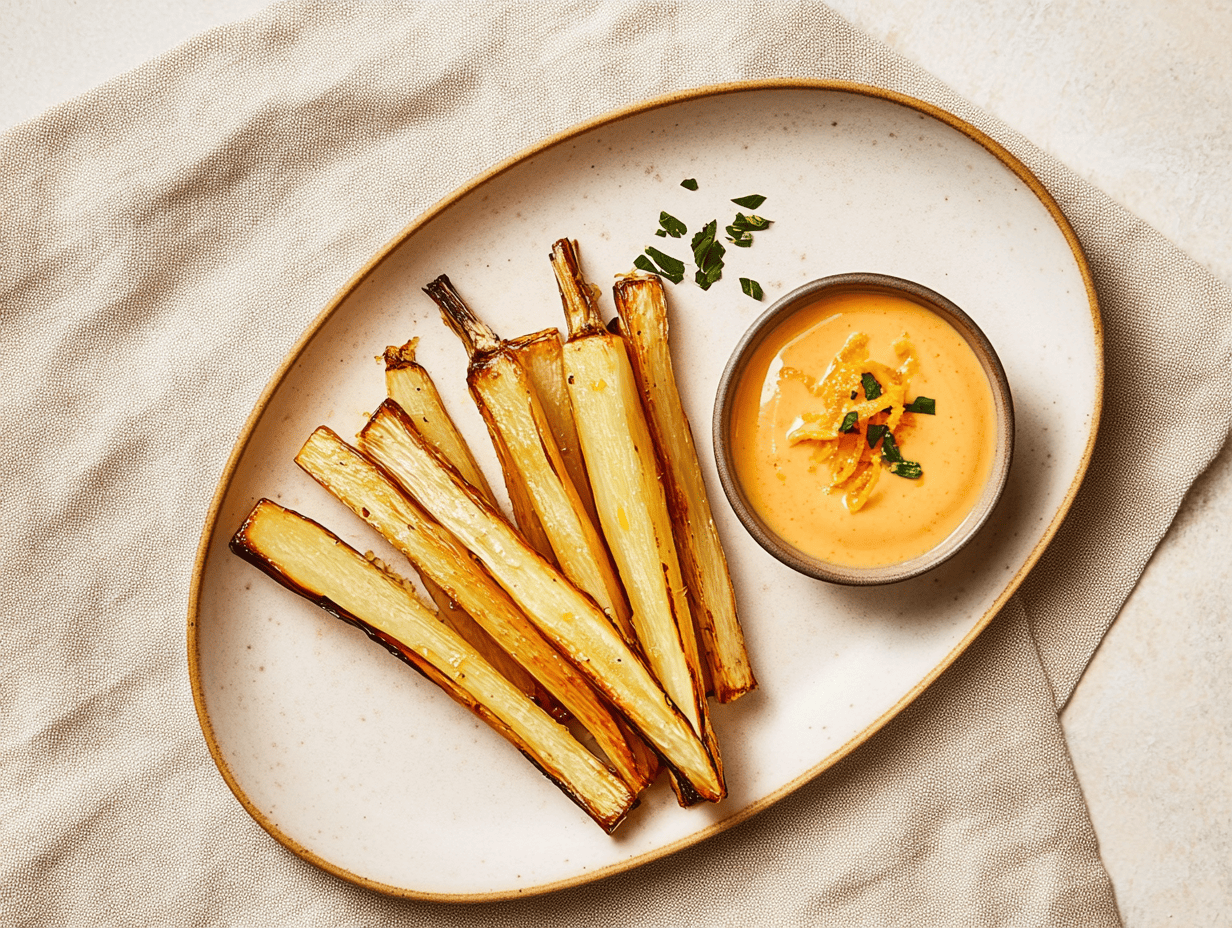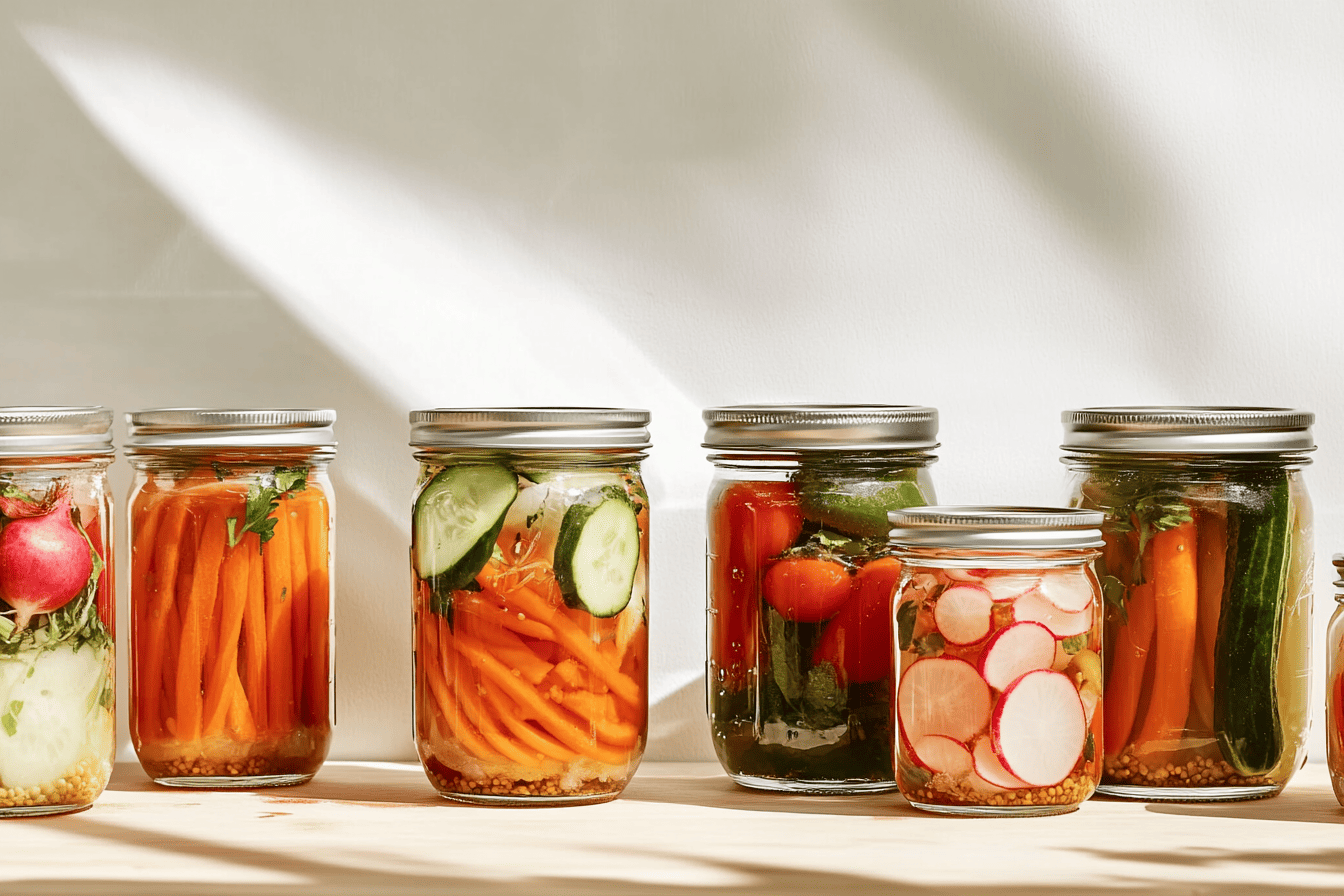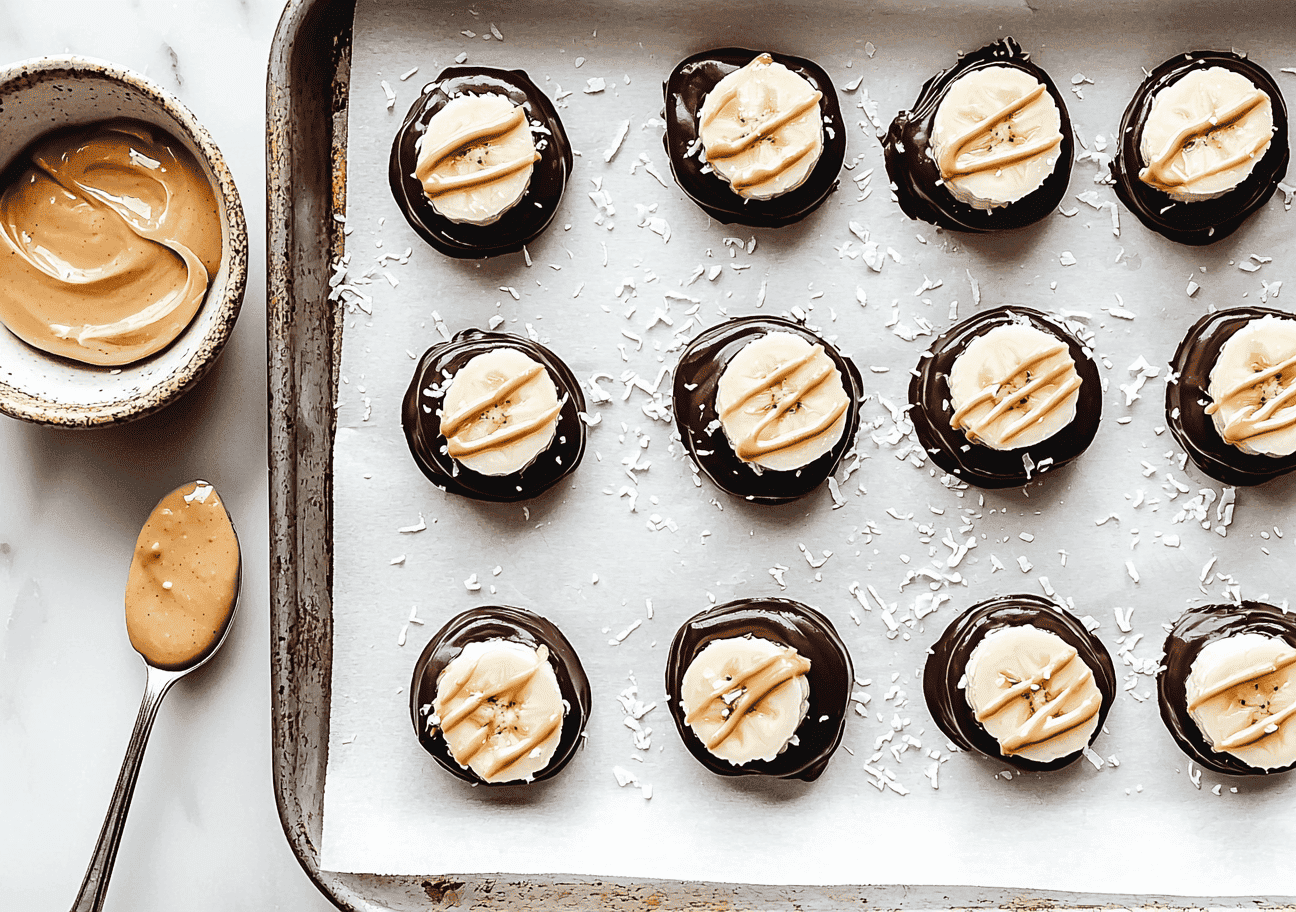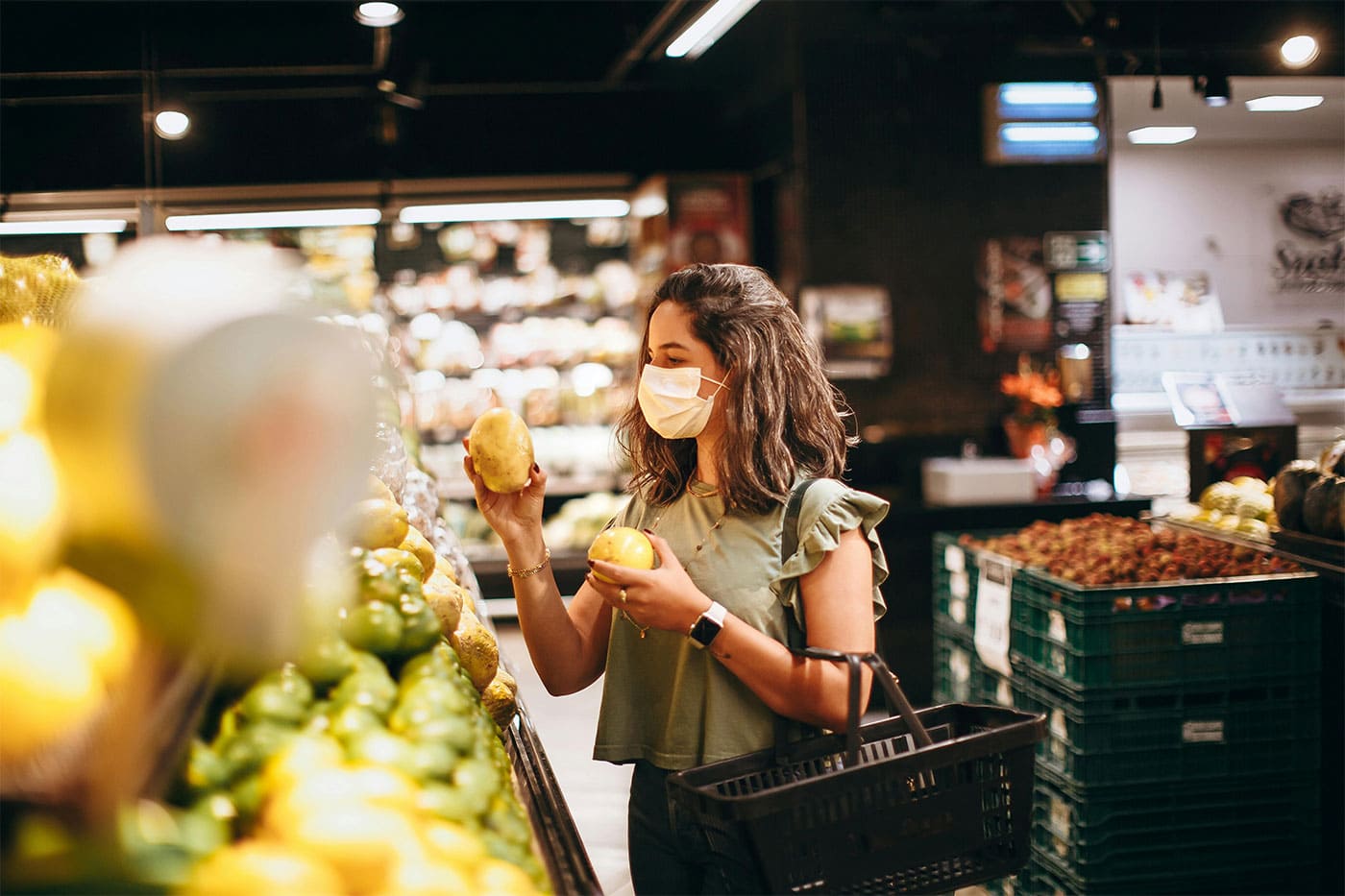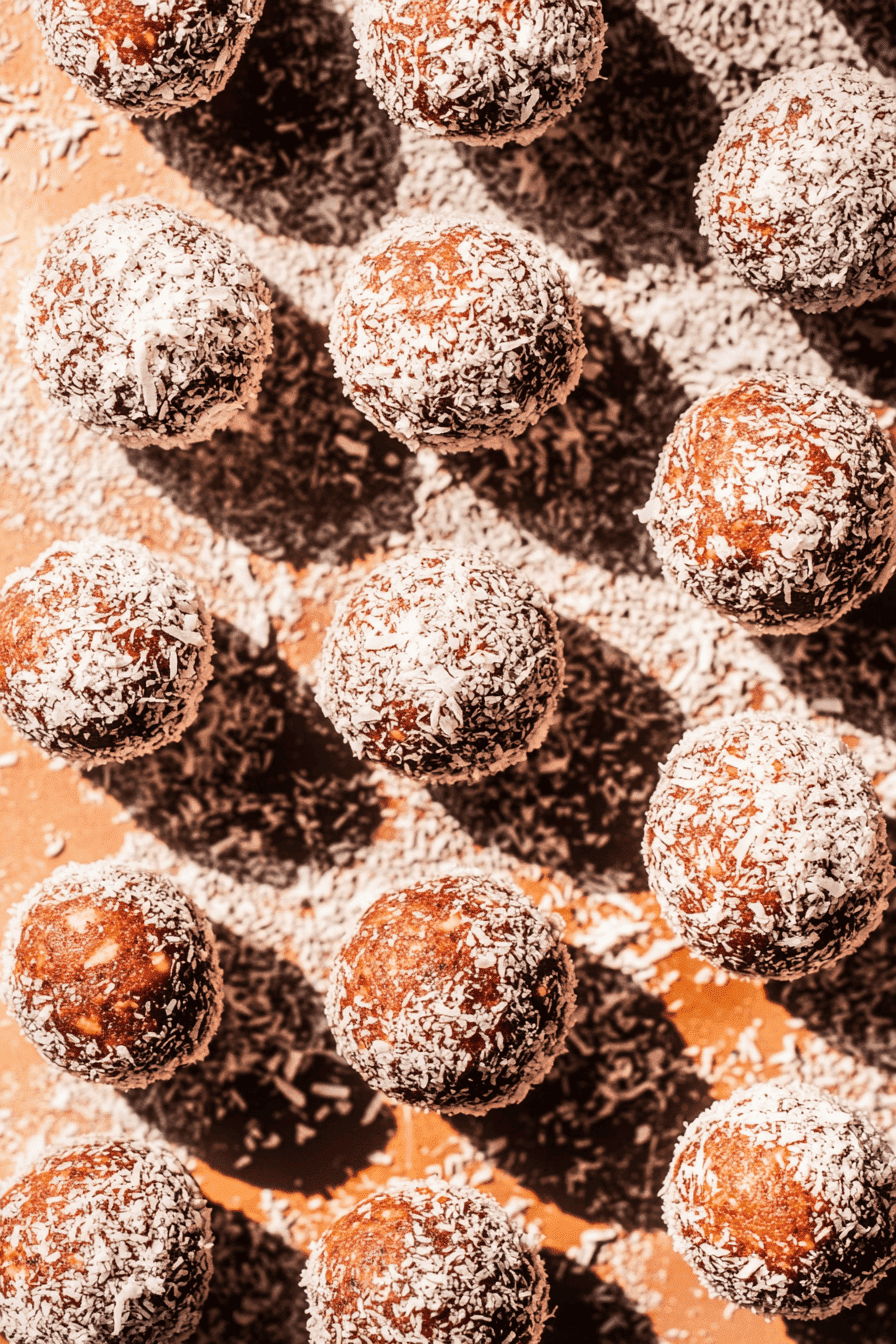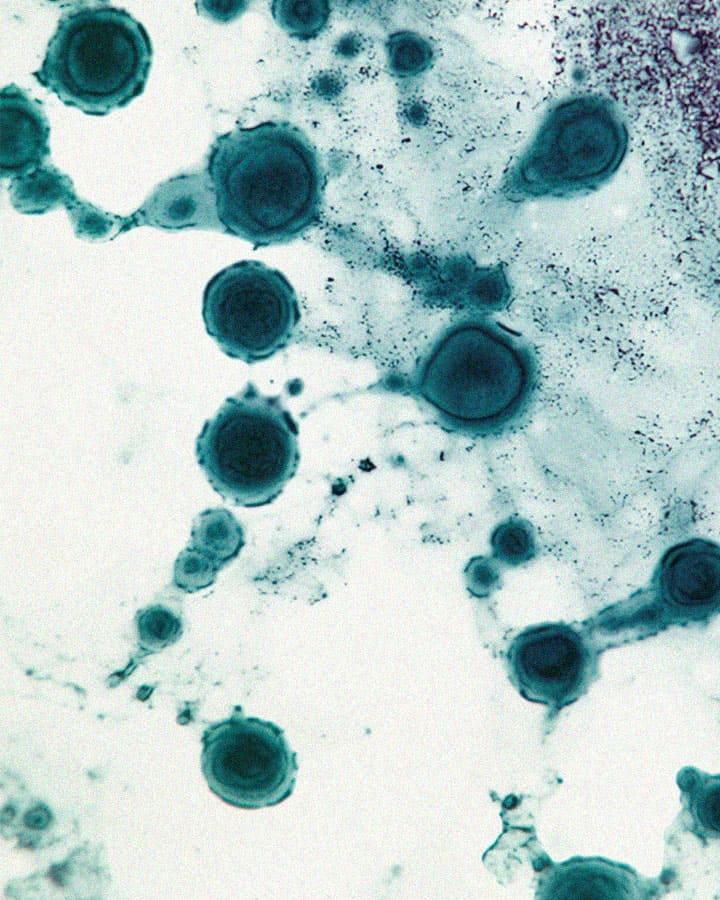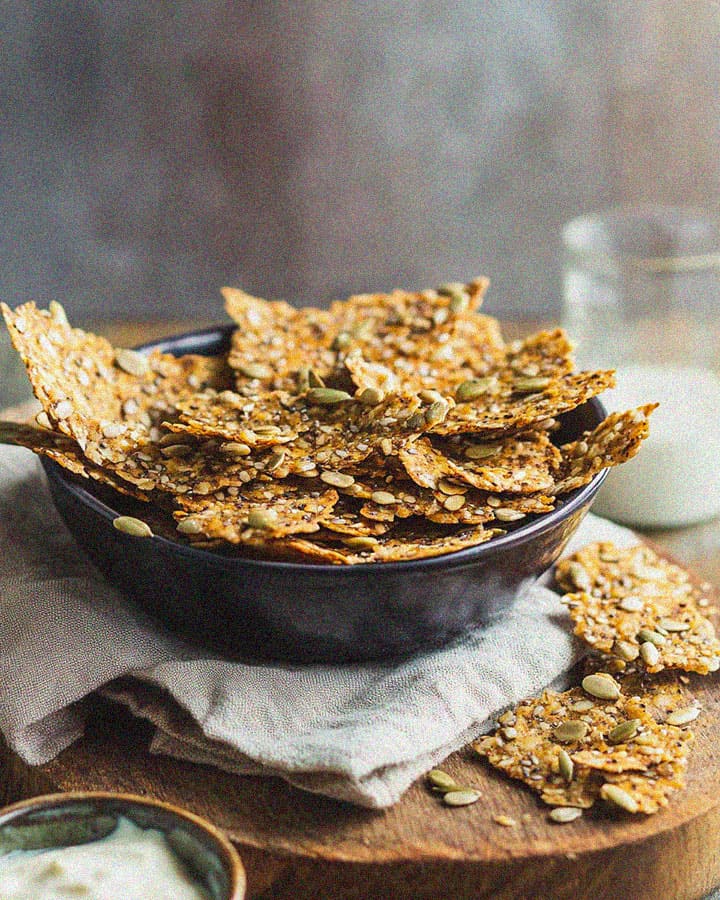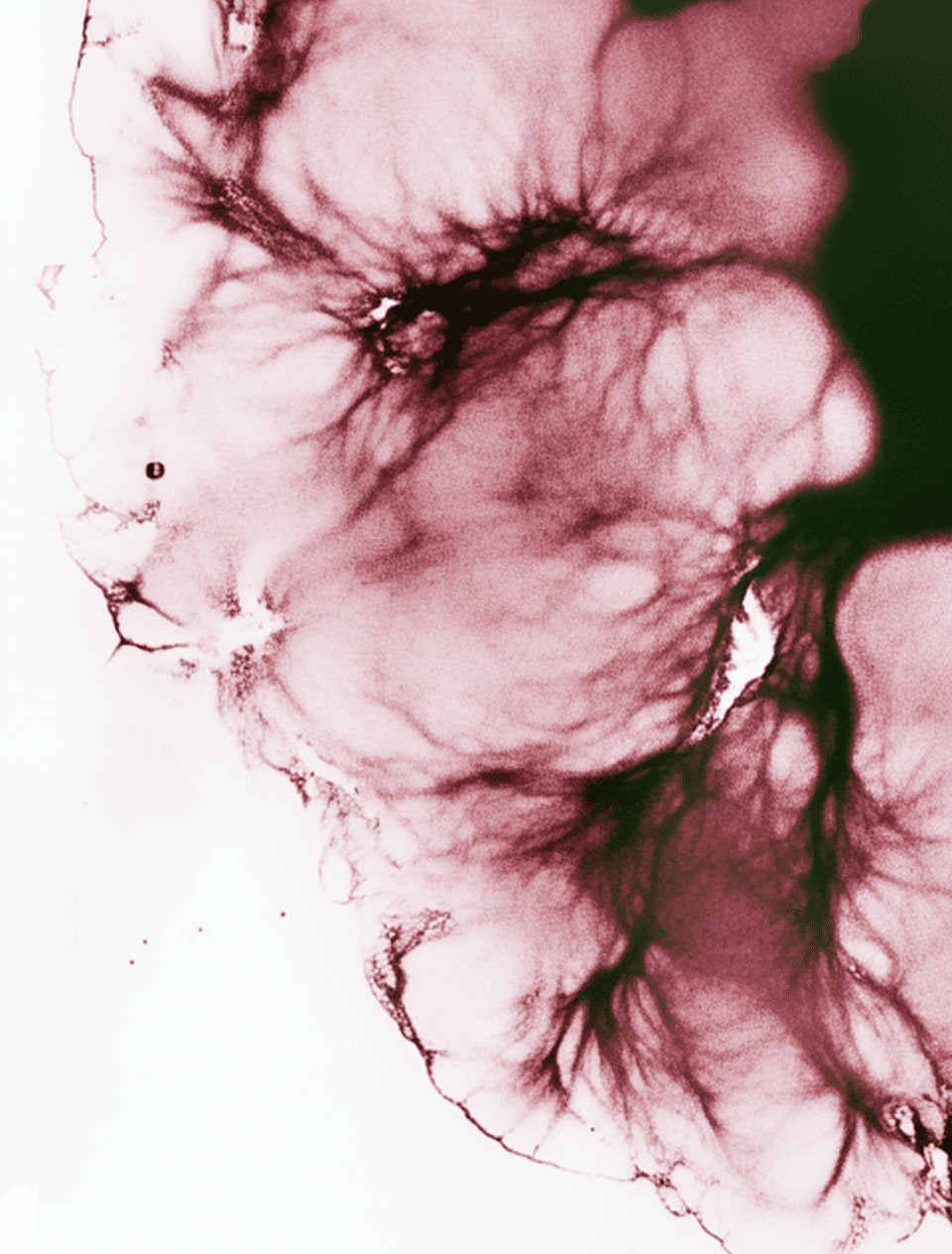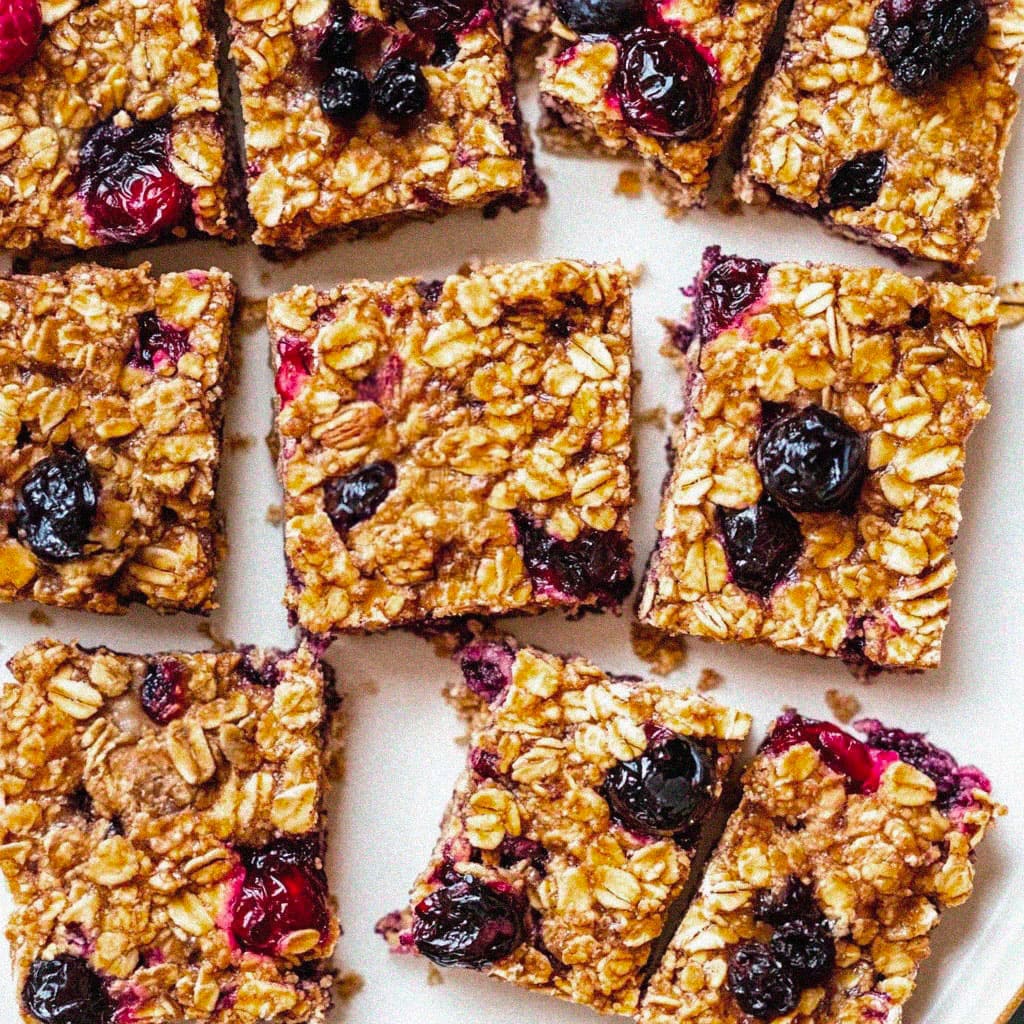What Are Prebiotics?
Prebiotics are a type of dietary fiber that your body can’t digest, but your gut bacteria can.
Prebiotics are essentially food for your good microbes, helping them grow, thrive, and produce beneficial compounds like short-chain fatty acids (SCFAs), which reduce inflammation, support gut lining integrity, and even influence brain health².
Naturally prebiotic-rich foods include:
- Garlic
- Onions
- Leeks
- Chicory root
- Jerusalem artichokes
- Asparagus
- Bananas (especially when slightly green)
- Apples
- Oats
- Legumes
Prebiotics don’t contain bacteria themselves, but they feed the helpful ones you already have.
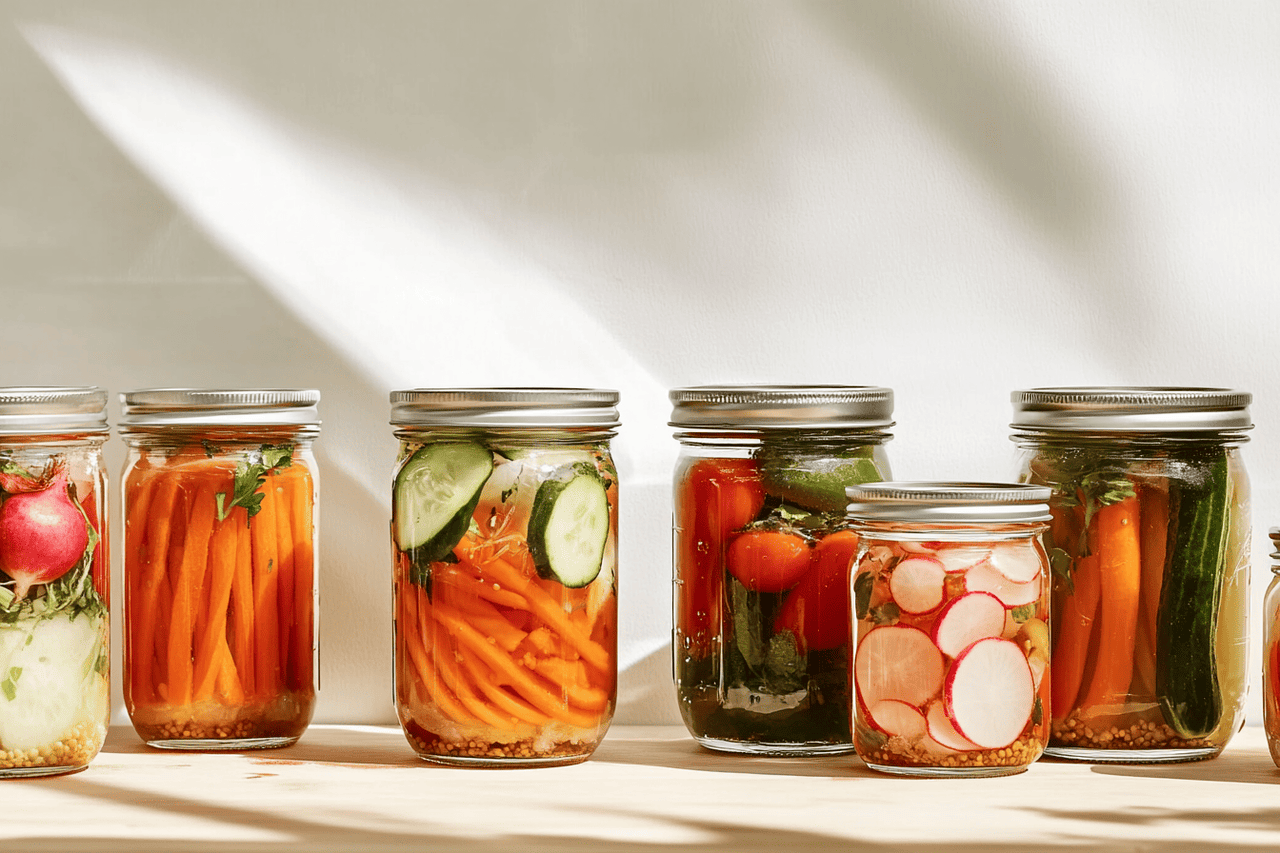
What Are Probiotics?
Probiotics are live bacteria that, when consumed in the right amounts, may have a beneficial effect on your health, particularly in supporting a healthy gut microbiome¹.
You can find probiotics in:
- Live yogurt
- Kefir
- Sauerkraut (unpasteurized)
- Kimchi
- Miso
- Tempeh
- Certain cheeses
These foods contain strains of bacteria like Lactobacillus and Bifidobacterium, which are known to support digestion and protect against harmful bacteria in the gut.
Why You Need Both, and How They Work Together
While probiotics add beneficial microbes to your gut, prebiotics create the conditions those microbes need to survive³.
Here’s the simplest way to think about it:
- Prebiotics are non-digestible fibers, naturally found in plants, fruits, and vegetables.
- Probiotics are live microorganisms, usually found in fermented foods and supplements.
Together, they create what’s known as a synbiotic relationship, meaning their combined effect is greater than either one alone. In other words, probiotics need prebiotics to thrive.
What the Science Says
Research on the microbiome is still evolving, but here’s what we know so far:
- Probiotics may help support digestion, improve symptoms of irritable bowel syndrome (IBS), and reduce antibiotic-associated diarrhea⁴.
- Prebiotics have been shown to support long-term microbiome health by encouraging the growth of beneficial bacteria and boosting the production of short-chain fatty acids like butyrate, which are linked to lower inflammation, improved insulin sensitivity, and better mental health⁵.
- Studies suggest that prebiotics may even play a role in reducing anxiety and depression symptoms, thanks to the gut-brain connection⁶.
- A diverse, fiber-rich diet appears to be one of the strongest predictors of a healthy gut microbiome, and thus, a strong immune system and lower risk of chronic disease⁷.
Gut Disruptors to Avoid
Just as important as adding prebiotics and probiotics is minimizing what damages your gut in the first place:
- Ultra-processed foods, high in sugar and additives⁸
- Low-fiber diets⁸
- Excessive alcohol⁹
- Unnecessary antibiotics¹⁰
- Environmental toxins (e.g., pesticides)¹¹
- Sleep deprivation and chronic stress⁸
These factors can shift your microbial balance toward harmful species, increase inflammation, and weaken your gut lining, potentially leading to "leaky gut" and systemic effects.
Should You Take a Supplement?
You can take probiotic or prebiotic supplements, and for some people (especially after antibiotic treatment or in cases of digestive disorders), they can be helpful.
But the foundation of a healthy gut microbiome is your daily diet. No supplement can replace the long-term benefits of regularly eating¹²:
- Diverse plant-based foods
- High-fiber meals
- Naturally fermented foods
The greater the variety of plant foods you eat each week, the greater the microbial diversity in your gut, and the better your chances of staying in good health¹³.
How to Start Taking Care of Your Gut
You don’t need to overhaul your life to improve your gut health. Small, consistent choices can have a lasting impact:
- Include fermented foods several times a week (e.g. minimiil, kefir, kimchi).
- Eat fiber-rich fruits, veggies, and whole grains daily.
- Aim for 30+ different plants per week — variety feeds diversity.
- Limit processed foods, sugar, and unnecessary antibiotics.
- Support gut health early, especially during childhood, when the microbiome is still forming.
